1. What is the reason behind experiencing depressive thoughts after a pregnancy?
Having a new baby is an exciting occasion which brings along great changes to the mother’s life. New mothers in particular are affected by biological, physical, emotional and social changes. It is likely that postpartum depression is caused by changes in the levels of the female hormones estrogen and progesterone which significantly affect women’s mental health. In addition to these biological changes, there are other factors that could lead to postpartum depression like having a difficult pregnancy or childbirth, marital problems, and struggling with the infant’s requirements.
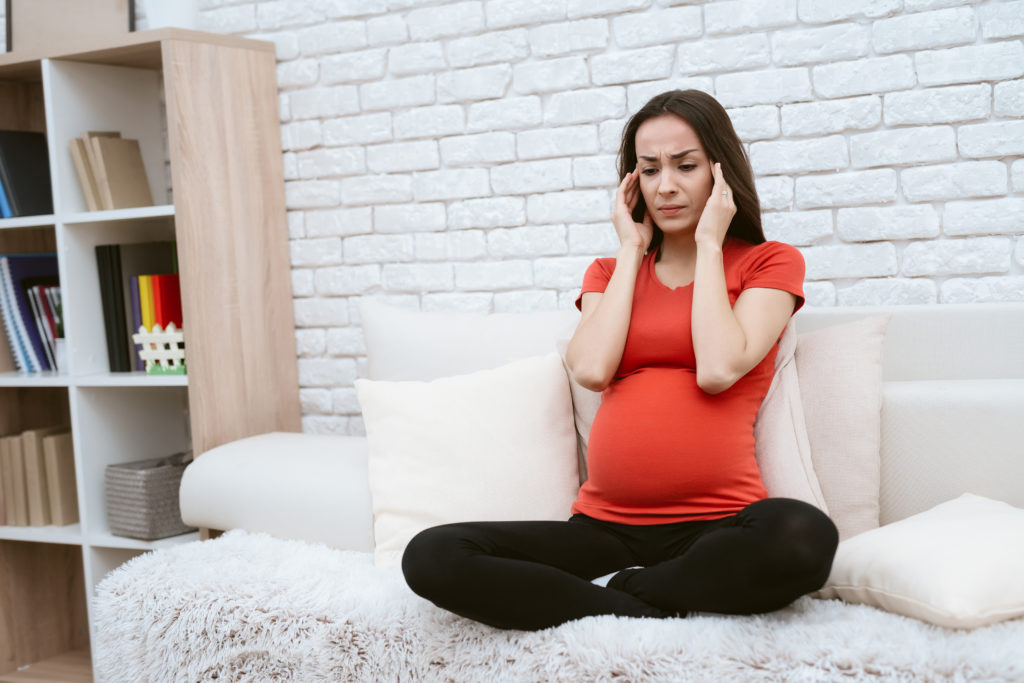
2. I tend to overreact and get angry over minor things, is that a symptom of postpartum depression? How would I know if I have it? What are the symptoms of postpartum depression?
Yes, this is a symptom of postpartum depression. In fact, there are a range of symptoms that vary in severity and indicate that the mother has postpartum depression. These symptoms are:
- Feeling depressed or having severe mood swings: You feel depressed, unhappy, and miserable most of the time.
- Inability to enjoy anything: You find that you are unable to experience pleasure the way you normally would.
- Irritability: You may feel angry and easily irritated. Sometimes, you may be irritated by your own child or husband.
- Anxiety: You may find that you are afraid to stay alone with your child. You may be worried that your newborn might scream, suffocate, or get hurt somehow. Instead of feeling a bond with your child, you may feel separated because you cannot determine what your child feels or needs.
- Slowness, fatigue and lethargy: All newborn mothers feel a certain degree of fatigue, but with postpartum depression, the fatigue and lethargy can debilitate you.
- Sleep disturbances: You may either wake up very early in the morning, struggle with interrupted sleep, sleep for very long periods of time or find difficulty in sleeping even after a tiring day.
- Disorders of appetite: Often, depressed mothers don’t have the time nor the appetite to eat which may contribute further to the lethargy and anxiety.
- Difficulties in concentration or decision-making.
- Guilt and lack of self-esteem: Depression affects your thinking process; thus, you may look at things in a negative light. You may feel guilty, and even find yourself to blame for your illness, or that you are unable to help your family.
- Difficulty feeling a bond with your child.
- Avoiding family and friends.
- Thoughts of self-harm or child abuse or recurring thoughts of death or suicide.
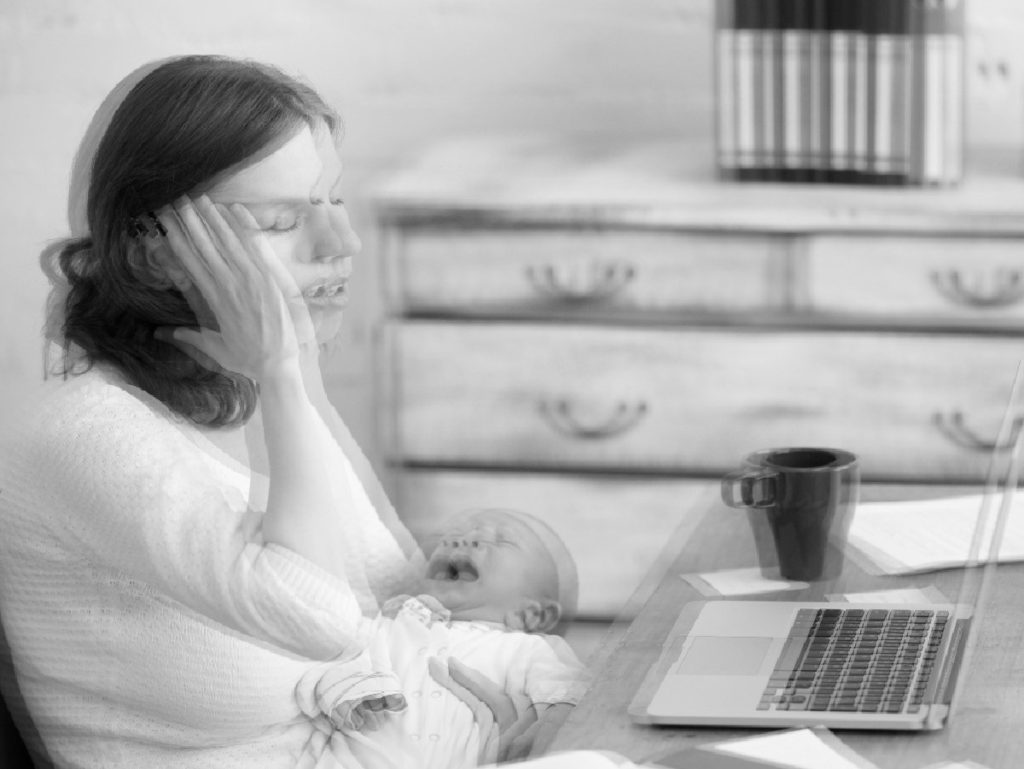
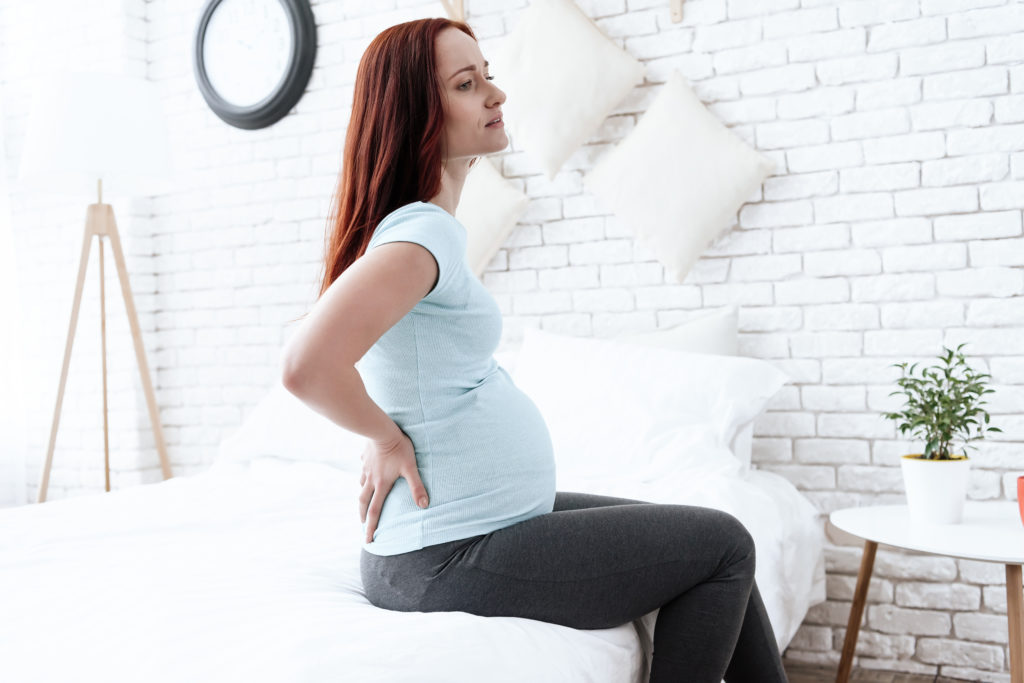
3. Can you have postpartum depression or anxiety much later after giving birth? What if symptoms happen when you are six months postpartum, or ten?
Symptoms usually appear within the first few weeks after giving birth, but may begin earlier during pregnancy, or appear a year later after birth.
4. Does postpartum depression go away on its own? What could happen if I choose not to get professional help?
Most women will get better without any treatment after several months, or sometimes longer. However, seeking treatment can spare you a lot of suffering. Postpartum depression may spoil your new maternity experience and affect your relationship with your child and spouse. Therefore, the shorter the duration of depression, the better. It is important to get help as soon as possible to get rid of your postpartum depression so that you can develop your relationship with your child. This will be helpful in your child’s development in the long run.
5. How long does it take to recover from postpartum depression? Will the duration of recovery differ if I get treatment or if I wait for it to pass?
Postpartum depression usually disappears within 6 months if proper treatment is administered. It is important not to discontinue treatment before its completion, as discontinuation of treatment before the course has been completed may lead to relapse.
6. Is there such a thing as depression or anxiety during pregnancy? Like postpartum depression, but while I’m pregnant?
Depression is a common mood disorder that affects one in four women during their lifetime. Contrary to belief, it is not unusual for women to become depressed during pregnancy. Depression during pregnancy is a common disorder that is easily treated once diagnosed. Unfortunately, the symptoms can often go unnoticed. This is because some consider these symptoms as normal responses to the hormonal changes that occur during pregnancy. However, such an assumption may be dangerous to the mother and her fetus if treatment is delayed.
7. Will this depression that I’m feeling during my pregnancy continue even after birth?
If depression is not treated during pregnancy, it may continue and lead to postpartum depression.
8. What are the available methods of treatment for depression during pregnancy?
There are two main types of treatments available: psychotherapy and medication. The doctor will recommend the best treatment according to the particular case. For some, a combination of therapeutic methods may be best.
In addition, doctors recommend a healthy diet and getting a sufficient amount of rest and sleep. You are encouraged to openly talk with your husband, family and friends about your fears and ask for support when you need it.
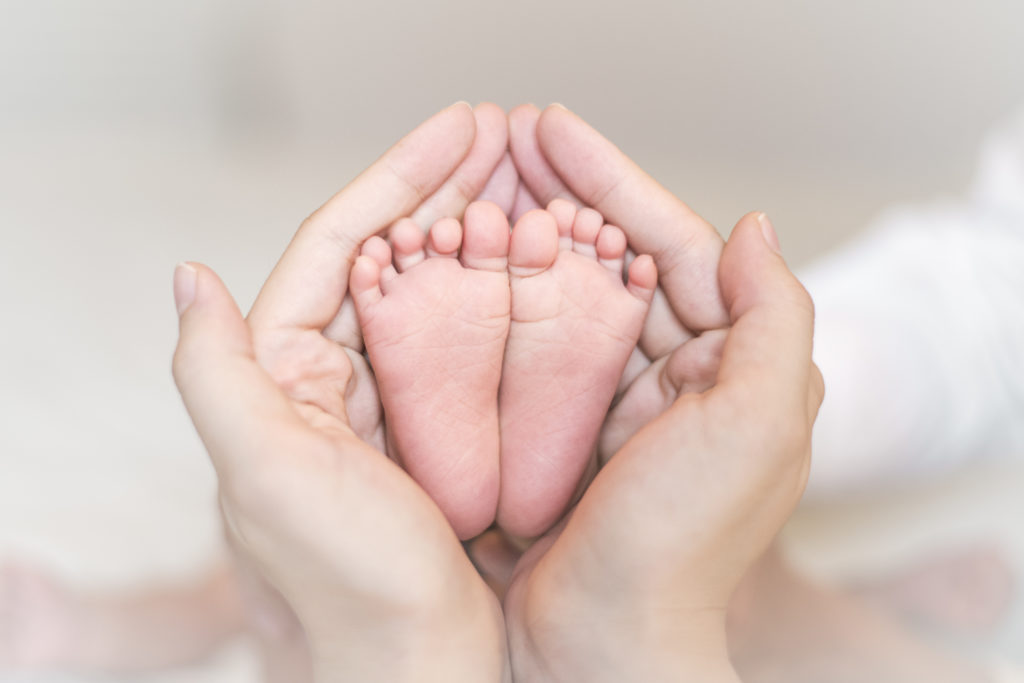
9. Who can have postpartum depression and postpartum anxiety and why?
Any new mother can experience postpartum depression. It can also develop after other pregnancies, and not just the first time around.
Some of the risks that increase the probability of postpartum depression are listed below:
- History of depression (regardless if the episode was related to pregnancy or not).
- Bipolar disorder.
- Postpartum depression in previous births.
- Having family members who suffer from depression or other mood disorders.
- Stressful events during the past year, such as complications during pregnancy, illness, or losing a job
- If the child has health problems or special needs.
- Being pregnant with twins or triplets.
- Difficultly breastfeeding.
- The existence of relationship problems
- Lack of a strong support system.
- Struggling with financial problems.
- if the pregnancy was unplanned or unwanted
10. Can I breastfeed during postpartum depression? Is it recommended or do I need to quit? Even if I am on medications?
Breastfeeding is effective in forming an emotional bond between a mother and her newborn. Medications that can be passed through milk are usually avoided. However, breastfeeding while on antidepressants is permitted since they only appear in breast milk in very small quantities.
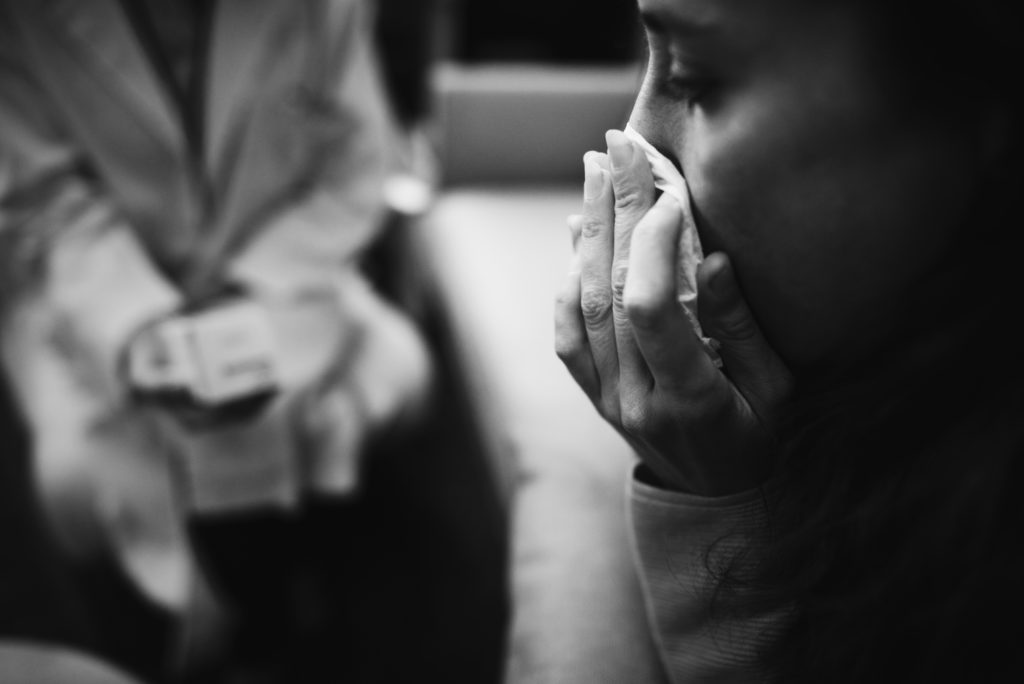
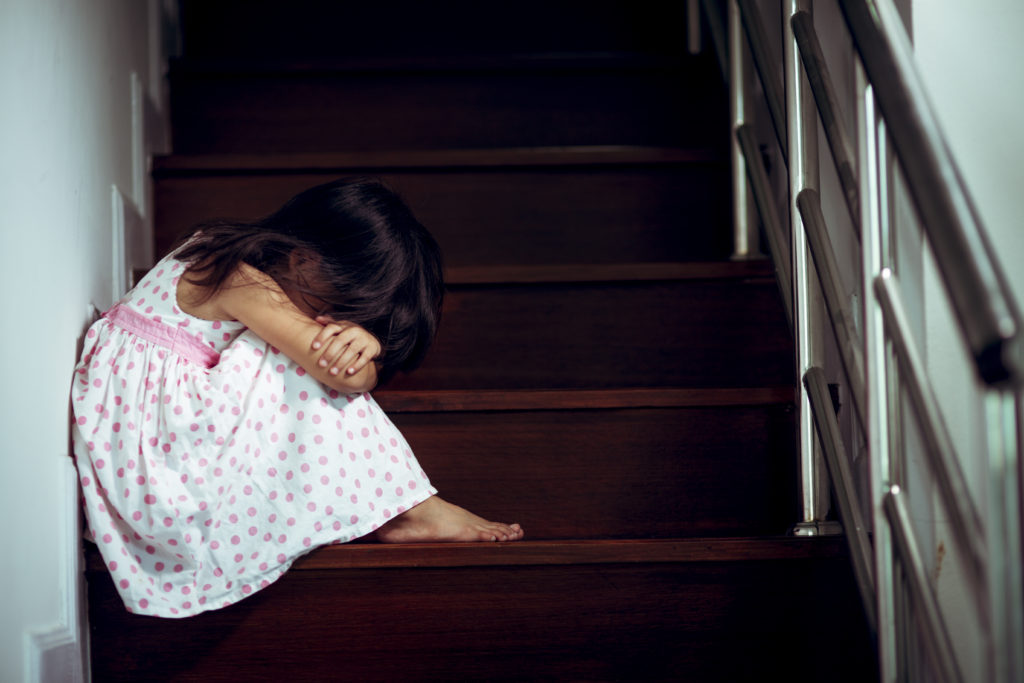
11. Does my postpartum depression affect my children?
If left untreated, depression during pregnancy can damage the health of the fetus. This can be due to the mother neglecting her health, diet, or not getting enough sleep. It could also occur if the expecting mother fails to show to follow-up appointments or ignores doctor’s recommendations. Furthermore, exhibiting lack of caution in overall behavior or engaging in some self-harm behaviors may lead to premature birth, giving birth to an underweight baby or a baby with weak movement.
Children of mothers with postpartum depression who have not been treated are more vulnerable and susceptible to emotional and behavioral problems such as sleep and feeding difficulties, excessive crying, delayed language development, hyperactivity and attention disorders.
12. Will I get postpartum depression or anxiety or psychosis again if I experienced it with my first child?
Studies have shown that women who have suffered from postpartum depression in the past are more likely to develop it again in subsequent pregnancies.
According to research, the incidence of postpartum depression increases 27 to 46 times in subsequent pregnancies of mothers who suffered from it after their first birth.
13. The doctor has prescribed antidepressants and now I am feeling better, can I stop taking the medication through a reduction of dose or frequency?
Doctors recommend not to stop treatment once it is started. It is important to continue the treatment completely in order to avoid relapses.
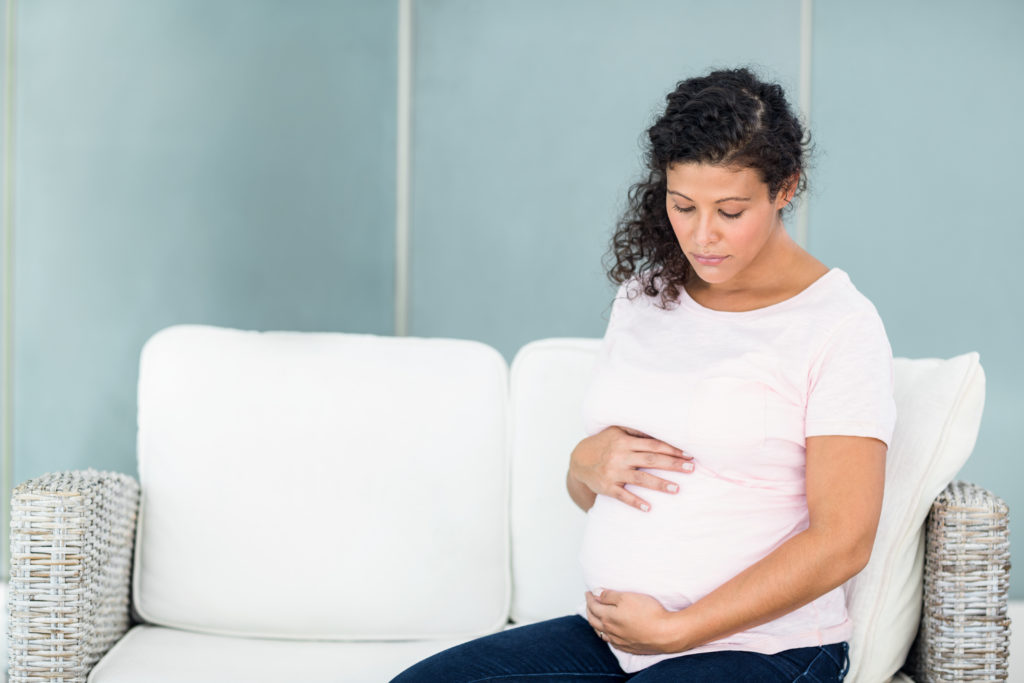
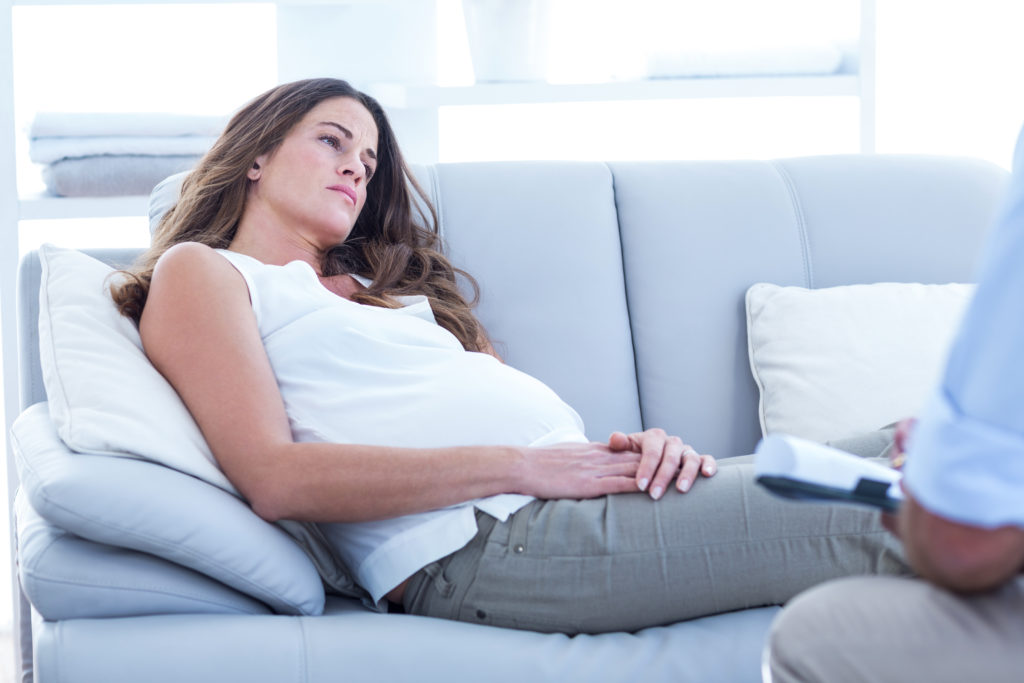
14. What is the difference between postpartum blues, depression and psychosis?
1- Postpartum Blues (Baby Blues):
On the third or fourth day after birth, about 50% of new mothers experience a desire to cry, or feel apathetic, or have no self-confidence. This is known as Postpartum Blues” or “Baby Blues”. These transient feelings gradually disappear after several days without the need of medical intervention.
2- Postpartum Depression:
The incidence rate is 25% and happens during the first year after birth, especially in the first month after birth. Symptoms may range from severe to moderate.
3- Postpartum Psychosis:
This is a serious and concerning case and calls for urgent treatment. It is the most severe psychiatric condition that can affect women in the postpartum period, and it is harmful both to the mother and her child. At times, the mother may contemplate suicide, which eventually happens in about 5% of the women affected by this disorder. Statistics show that 1 in 500 women suffer from postpartum psychosis. This usually occurs within days or weeks after birth. During this condition, the mother may experience extreme mood swings, have strange or abnormal thoughts and beliefs, hear voices and behave in a strange and unpredictable way.
